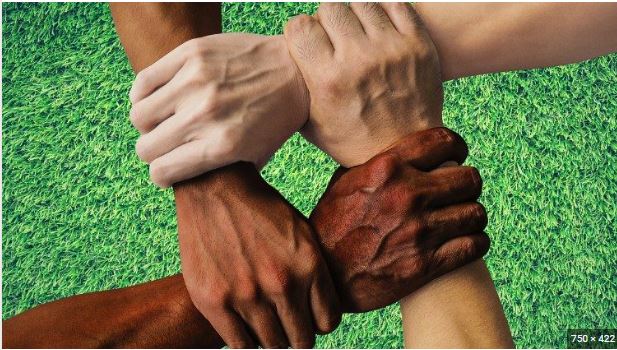Trending
- Chief of Mandokhel and Hadizai tribes Sardar Hayaat MUHAMMED Khan Mandokhel appreciated the vigilance, readiness and bravery of the Pakistan’s Armed Forces in eliminating terrorists from Zhob and Balochistan
- Tensions on France’s streets ease, as heavy police deployed by Macron to control the riots
- Putin’s strong stance and proposed stern action against the “Rebel Russian Mercenaries” resulted in halt of the mercenaries advance towards Moscow
- Artificial Intelligence means everyone can now be a programmer, Nvidia CEO says
- Türkiye Presidential Elections – Recep Tayyip Erdogan re-elected as President after a historic victory, confidence reposed by the Turkish nation
- The tolerance and restraint shown by the Pakistan Army and security forces was taken for granted by the senior PTI leaders who continued provoking supporters for further attacks on the state institutions and even civilians, The HeadQuarters News sources
- U.S. funded ‘entomology laboratory to strengthen Pakistan’s ability to track and respond to vector-borne disease outbreaks’, inaugurated at Islamabad
- PM, Qatari Emir agree to further enhance economic cooperation
- Pakistanis among 59 migrants die in boat wreck off Italy
- Parvez Elahi joins PTI with 10 former MPAs


